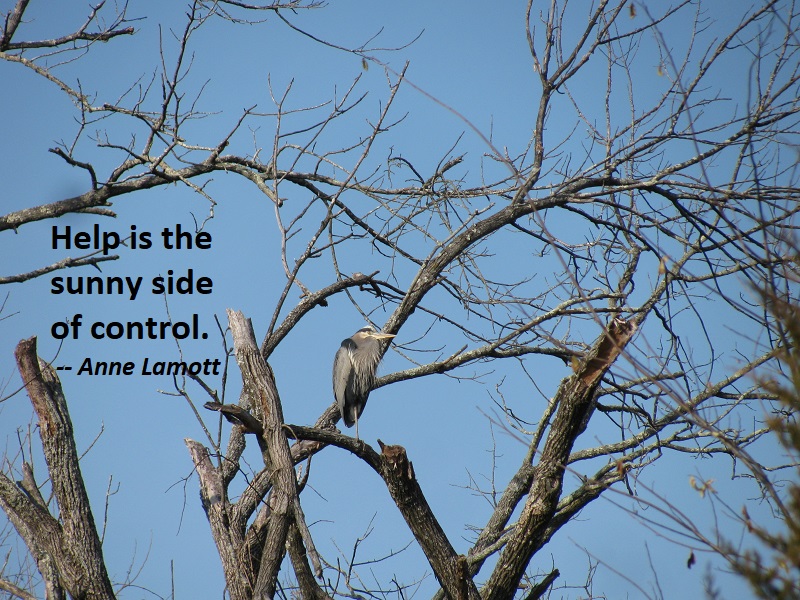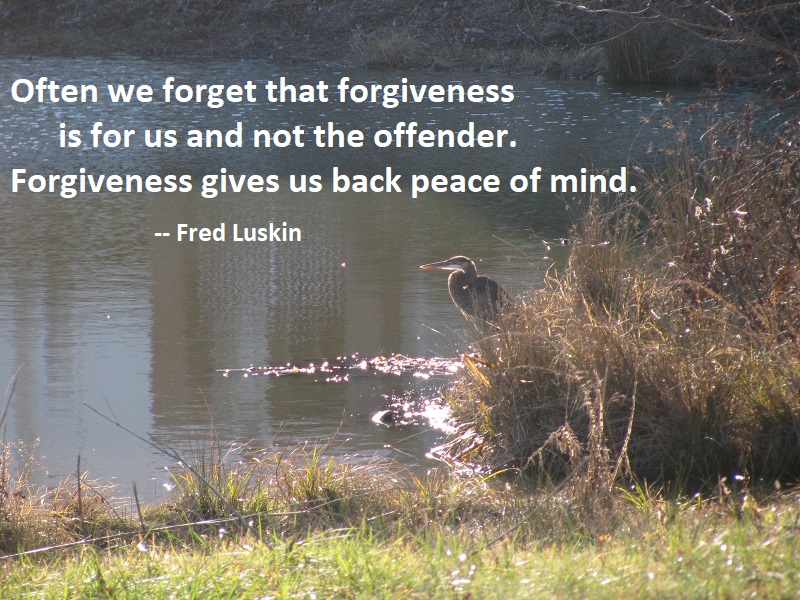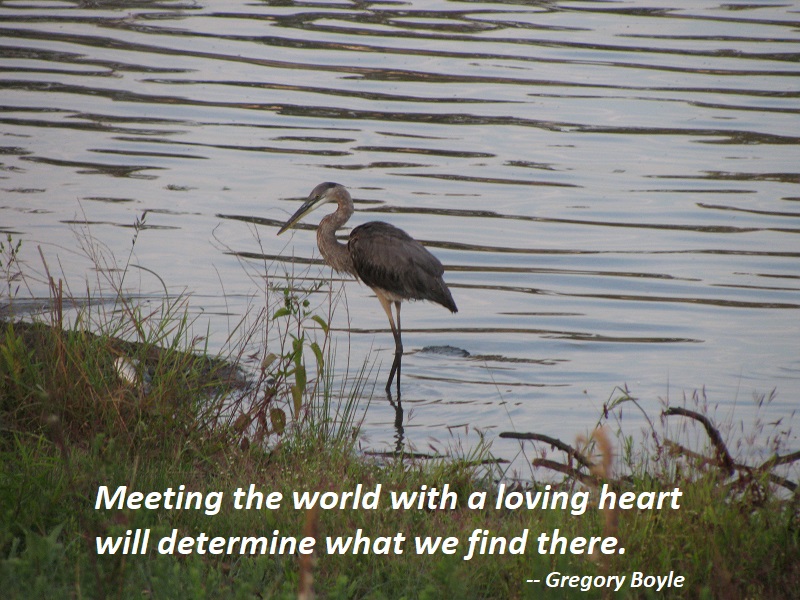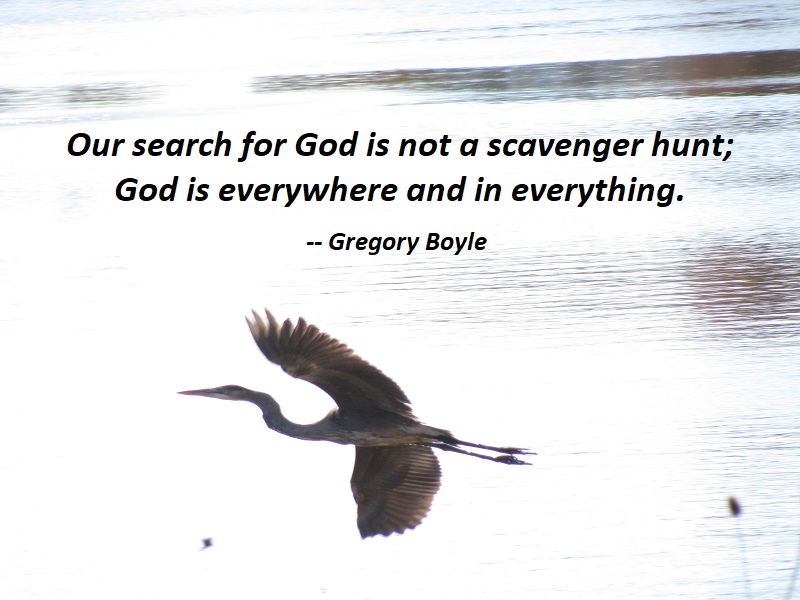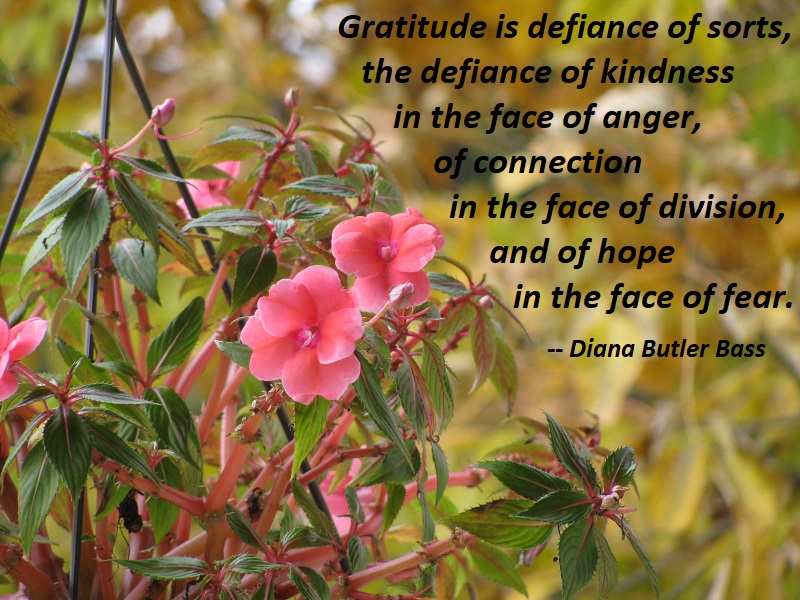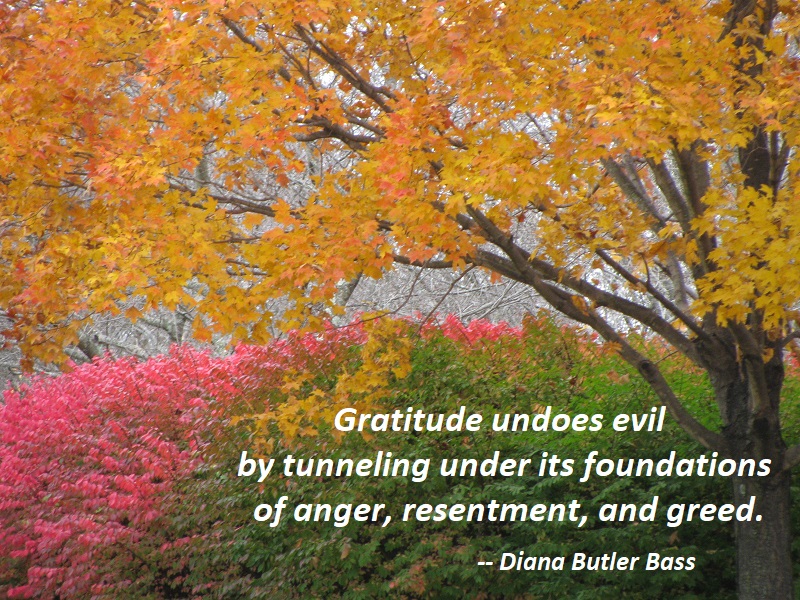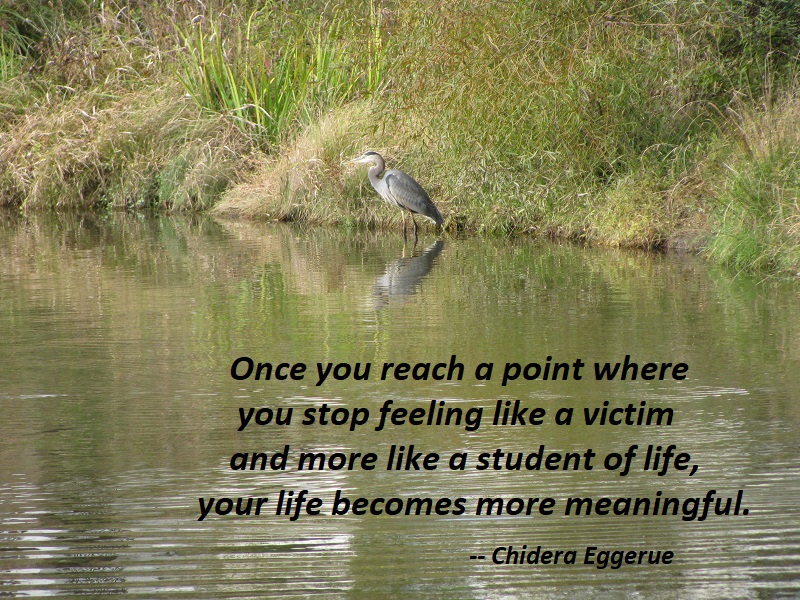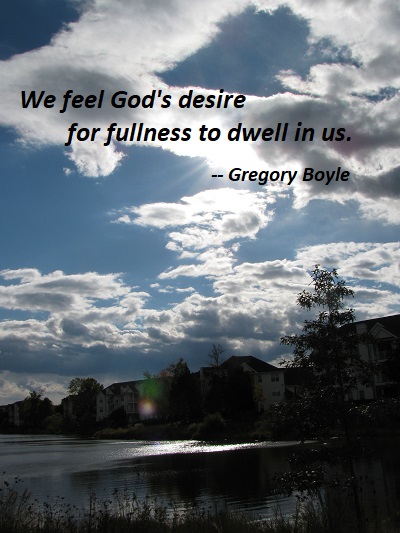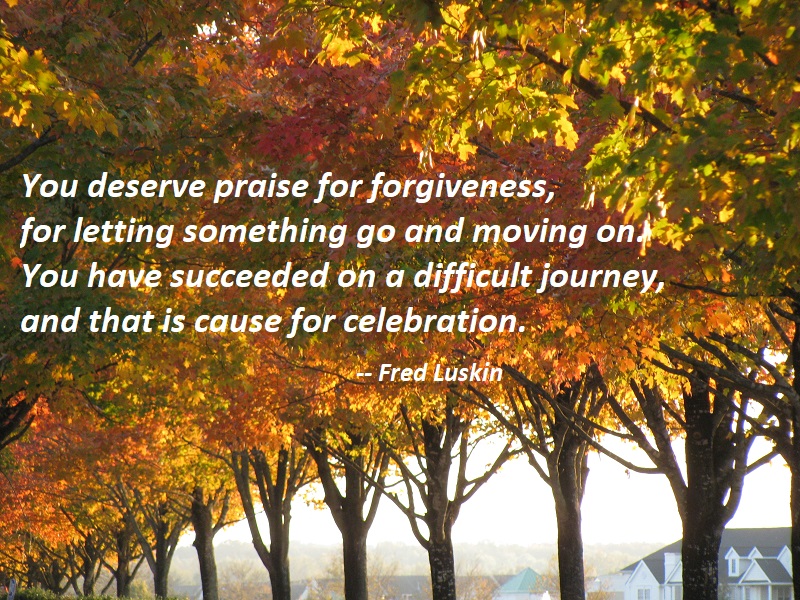Category: Growth
Motivation to Forgive
The good news is that we are more ready to forgive than we think. Our major obstacles are not the offenses themselves but the lack of tools with which to work. We only imagine it is the nature of the offense that is unforgivable. However, if any of us look around we will find people who have forgiven the very same offense. Remember, I have worked with people who made significant progress to forgive unprovoked violence. No offense is unforgivable to everyone. If you look you can always find someone who has forgiven in a similar situation.
When you put yourself into one or both of the scenarios above you will see that the hesitancy to forgive is principally a question of motivation. We feel unmotivated because lacking such compelling reasons as wealth or death we do not know how good we will feel when we have forgiven. We wonder if it will be worth the effort. Because we lack the tools to forgive, the effort can feel overwhelming. This book gives you the tools to forgive. You still have to make the effort.
The motivation to use the techniques is primarily to regain the power you give the past to ruin your present. Often we forget that forgiveness is for us and not the offender. Forgiveness in no way condones cruelty or unkind treatment. Forgiveness gives us back peace of mind.
— Fred Luskin, Forgive for Good, p. 107-108
Photo: South Riding, Virginia, December 7, 2014
Changing Course
There is no force in the world better able to alter anything from its course than love. Ruskin’s comment that you can get someone to remove his coat more surely with a warm, gentle sun than with a cold, blistering wind is particularly apt. Meeting the world with a loving heart will determine what we find there. We mistakenly place our trust, too often, in the righteousness of our wind, though we rarely get evidence that this ever transforms anything.
— Gregory Boyle, Tattoos on the Heart, p. 124
Photo: South Riding, Virginia, September 21, 2014
Empowered by Gratitude
Gratitude empowers us. It makes joy and love possible. It rearranges the way we see and experience what is all around us. Gratitude makes all things new. It transforms how we understand what is broken and gives us the ability to act more joyfully and with hope. That is why gratitude is central to all the world’s religions. As a practice, it embodies the wisdom of humanity’s greatest spiritual teachers: the love of neighbor. Gratitude takes us from abstract belief to living compassion in the world. Gratitude is strongest, clearest, most robust, and radical when things are really hard. Really hard. All-is-lost hard.
— Diana Butler Bass, Gratitude, p. 186-187
Photo: South Riding, Virginia, January 29, 2016
A Bigger God
God leans into us so that we will let go of the image of God as unreasonable parent, exacting teacher, or ruthless coach. God is not who we think God is. Our search for God is not a scavenger hunt; God is everywhere and in everything. Our sense of God always beckons us to grow, to reimagine something wildly more breathtaking than where our imagination generally takes us. We are nudged toward an increasingly wider view and image of God from our child consciousness to an adult consciousness. God leans into us so that we can find our way to this inner absorption of God. With any luck and some attention, we will keep landing on a better God, finally having grown comfortable in God’s tenderness.
— Gregory Boyle, Barking to the Choir, p. 15-16
Photo: South Riding, Virginia, November 10, 2018
The Defiance of Gratitude
Gratitude is defiance of sorts, the defiance of kindness in the face of anger, of connection in the face of division, and of hope in the face of fear. Gratefulness does not acquiesce to evil — it resists evil. That resistance is not that of force or direct confrontation. Gratitude undoes evil by tunneling under its foundations of anger, resentment, and greed. Thus, gratitude strengthens our character and moral resolve, giving each of us the possibility of living peaceably and justly. It untwists knotted hearts, waking us to a new sense of who we are as individuals and in community. Being thankful is the very essence of what it means to be alive, and to know that life abundantly.
— Diana Butler Bass, Gratitude, p. 185-186
And I couldn’t stand doing just one photo. Both photos: South Riding, Virginia, November 2, 2018
Nudging
God is a nudge. Not in the nagging, annoying sense, but in a gentle, leaning-into sense. It is indeed a challenge to abandon the long-held belief that God yearns to blame and punish us, ask us to measure up or express disappointment and disapproval at every turn. It is part of our hardwiring. But we can feel, nonetheless, God nudging us beyond our tired, atrophied complacence toward something more oceanic and spacious. We feel God’s desire for fullness to dwell in us. We are always being pushed and inched closer to the “God who is always greater,” as Saint Ignatius frames it. Or as a homie changing gears in his head from Spanish to English awkwardly but accurately blurts, “God is Big.”
— Gregory Boyle, Barking to the Choir, p. 13
Photo: South Riding, Virginia, October 18, 2015
Cause for Celebration
Also, you remember what happened so that you can pat yourself on the back for forgiving. You deserve praise for forgiveness, for letting something go and moving on. You have succeeded on a difficult journey, and that is cause for celebration. You remember your hurts from the point of view of healing, not from that of helpless victimization. You do not need to dwell on what happened or get a swelled head because you have forgiven. You do want to acknowledge the courage and perseverance that led to overcoming the wounds of the past.
— Fred Luskin, Forgive for Good, p. 74
Photo: South Riding, Virginia, October 29, 2016
